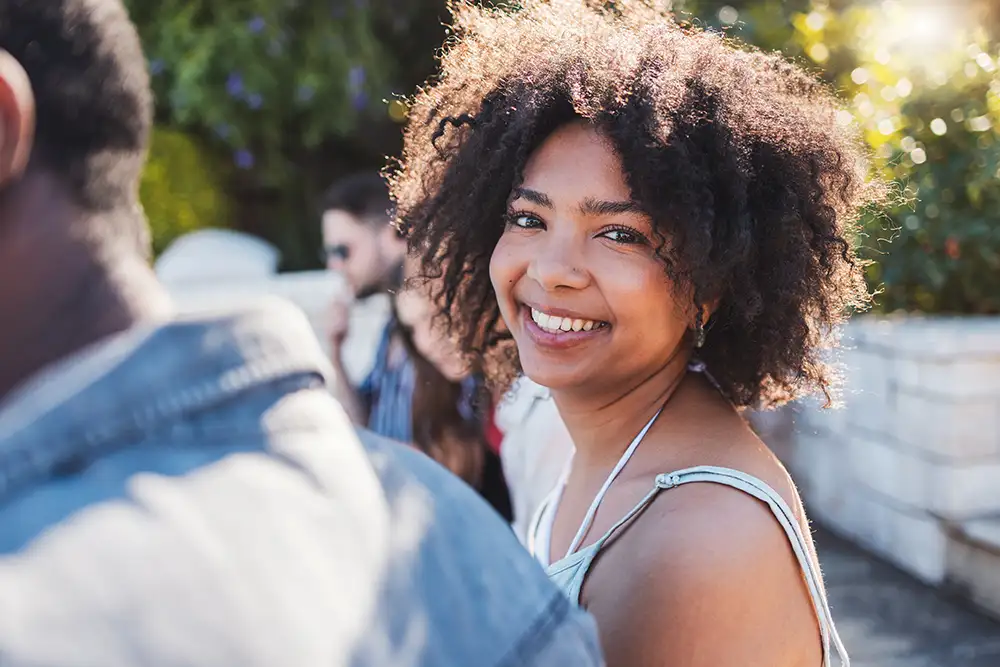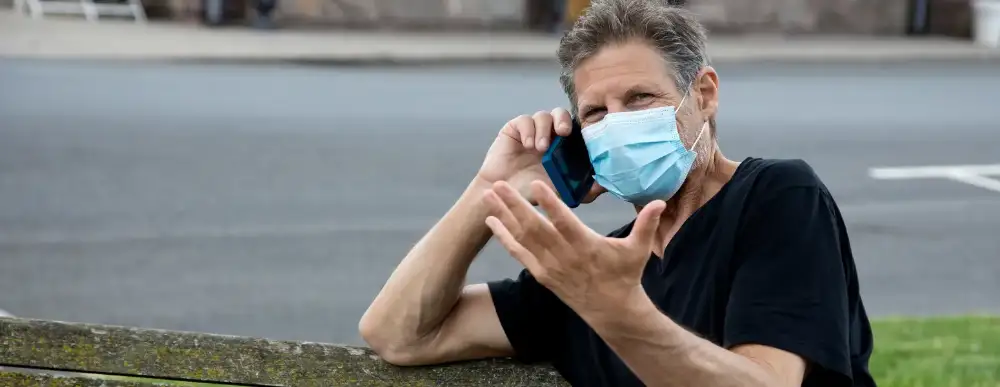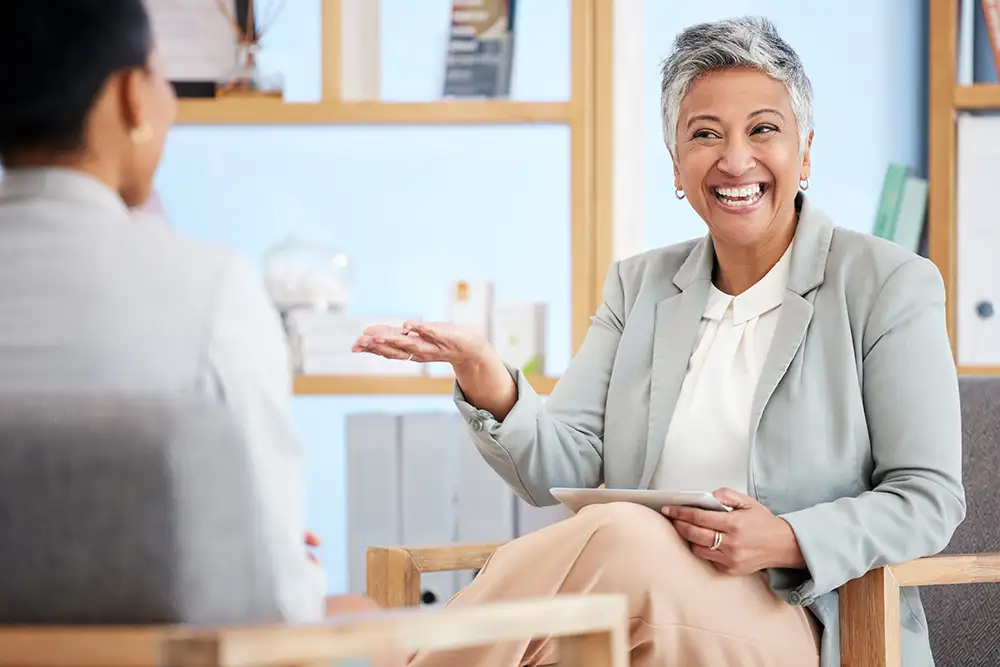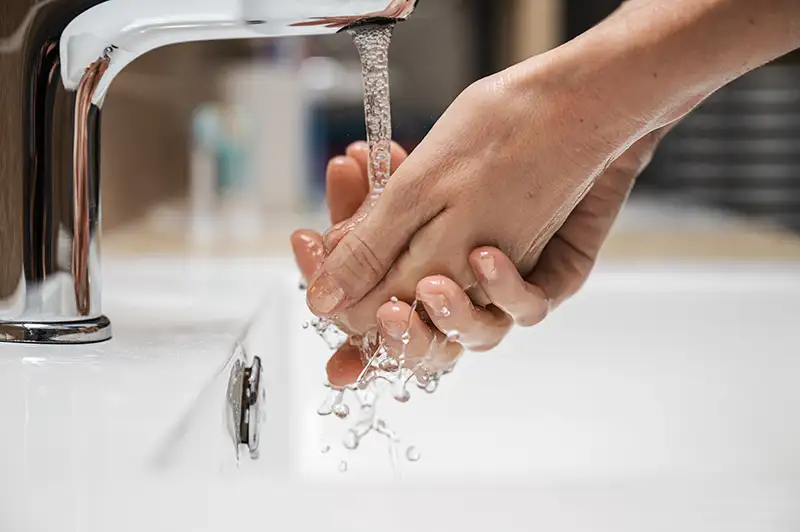I thought right now with the chaos in the world and in our own personal worlds, it may be a good time to address relationships. What are relationships? Webster defines relationship as: the state of being related or interrelated, the relation connecting or binding participants in a relationship, a state of affairs existing between those having relations or dealings, a romantic or passionate attachment.
With COVID-19, right now we are all in a major relationship, as we are all bound day to day as our lives change by news of restrictions, family members being hospitalized, schools being closed, entertainment venues being shut down and now whole cities being quarantined. It is essential to remember that we are all in this together; this is not strictly an individual experience. A great example of this is the recent events with Utah Jazz Center Rudy Gobert. He gave his press conference March 11, 2020, mocking at the seriousness of the potential situation concerning being tested for COVID-19, and after his interview touched the equipment of the press staff. Within hours, it came out that he was positive for COVID-19 which later in part resulted in the immediate shutdown of the NBA. His understanding of relationships came crashing in on him quickly. So, how do we maintain this insight of relationships as well as individual during this time of fear, impulse buying (don’t want to run out of toilet paper) and request for social distancing.
As a therapist, I lean heavily on Marsha Linehan’s Dialectical Behavioral Therapy (DBT). One of the principles of DBT is Interpersonal Effectiveness – relationship effectiveness. Again, when we think of relationships, we often limit our thinking to those close to us, only including our loved ones; however, relationships include those you interact with on a daily basis, those you’re in line with at the grocery store, your auto mechanic, and currently every one living on this earth, because each and every one of us is each impacted in some way by this virus.
Two of the skills of Interpersonal Effectiveness are acronyms FAST and GIVE. FAST is about maintaining your respect, Fair to self – validate emotions, validate how your feeling, that it is okay to feel the way you’re feeling. Apologizes less – we often apologize for things that we don’t need to, or apologize for our thoughts or emotions, or give apologies for behaviors and keep moving forward. Stick to values – decide what you value most and stick to it. be Truthful – don’t lie or act helpless, don’t make excuses for behavior. GIVE is about showing respect, be Gentle – be nice, no attacks, threats or judging. act Interested: Listen, don’t interrupt, appear interested. Validation – validation, validation, validation; show understanding of emotions, allow yourself to be vulnerable, to have a both/and perspective versus an either/or perspective. Easy manner – humor tends to help a lot in reducing tension, smile, be willing to laugh at your own mistakes.
How do FAST and GIVE apply to are current situation? Let’s maintain our respect and build respect for others during this time. Let’s take the time to remember those who are stressed during this time and not flagrantly spread the virus unintentionally. As others struggle with fear or anxiety connected to these events, take time to validate and assist if possible, to reduce stress versus adding to it. As we self-validate our emotions and validate the emotions of others during this time, it will allow for emotional intensity to naturally decrease and we will see less moments like Rudy Gobert and more like the number of video accounts on YouTube of lockdown Italians singing or playing instruments on their balconies, by self-maintaining and showing respect to each other.
Jacob L Comstock is an LCSW at Health West Inc., living in Idaho a majority of his and has worked in mental health for over 10 years. He got his bachelor’s from Idaho State and master’s degree Walla Walla University in Social Work.

Expectations of Emotional Health Treatment








